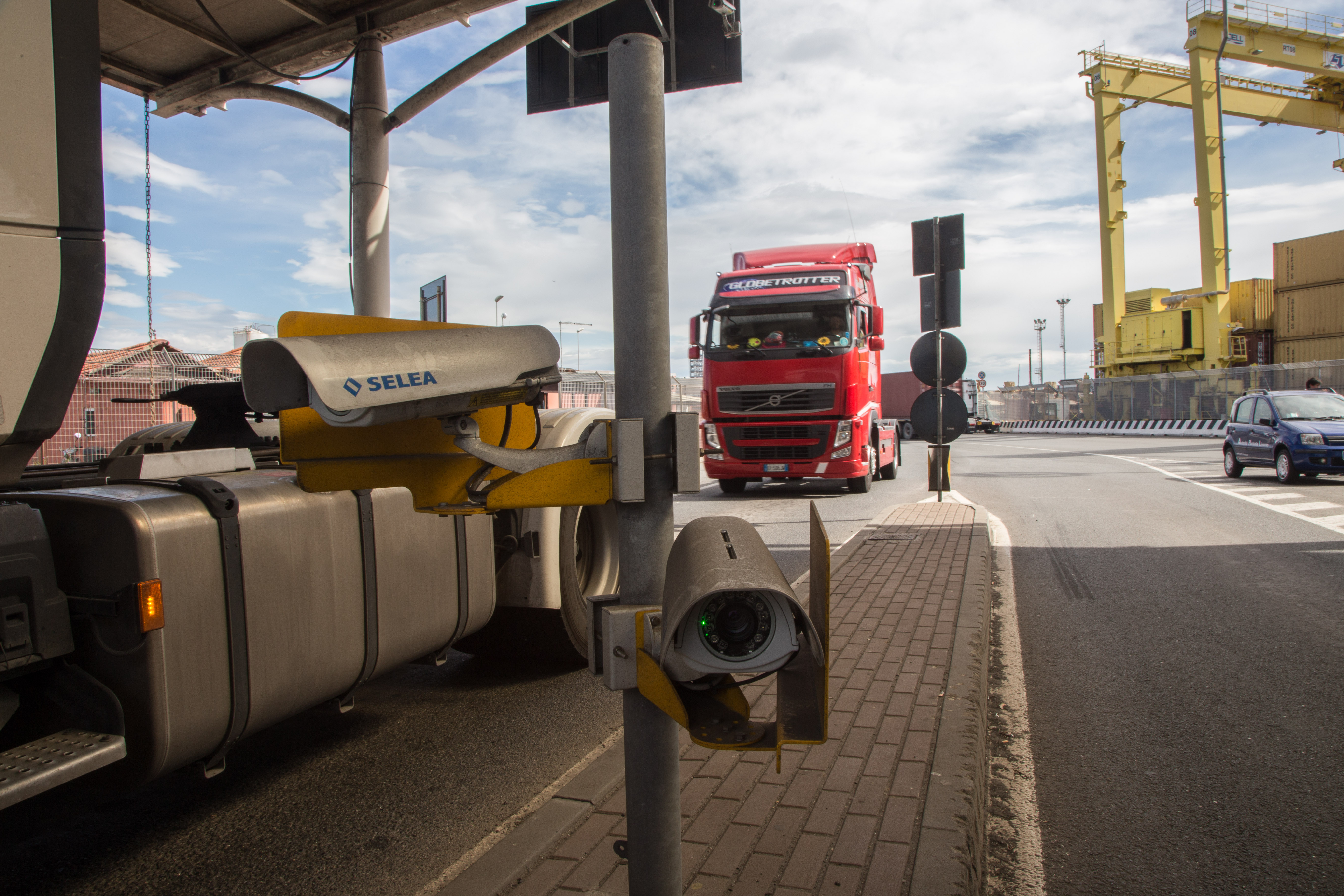In the U.S., tension between intermodal operators and shipping lines is rapidly skyrocketing.
At the center of the controversy are the excessive detention and demurrage costs, i.e., the extra charges applied for temporary storage and/or for the return of the container to shipping companies beyond the free storage period, which in America is usually three days.
The surcharges allow carriers to make profits on their containers and encourage shippers and direct clients to return them as soon as possible. Due, however, to the severe congestion problems that ports have been facing recently, many importing firms have been unable to pick up, empty, and redeliver empty import containers on time.
According to the Harbor Trucking Association (HTA), the association of drayage companies that transport goods from the ports of the west coast of the United States (Los Angeles, Long Beach, Oakland, Seattle and Tacoma) to nearby warehouses, the situation “lacks equity and transparency”
The abuse by shipping lines, and port terminals, of their position in enforcing payments of these extra costs has already been widely reported recently. The Federal Maritime Commission (FMC) launched a wide-ranging investigation into ocean carriers’ conduct during the pandemic crisis period, known as Fact-Finding Number 29.
Launched in March, this initiative aims to identify operational solutions to certain phenomena affecting the shipping industry, such as the return and availability of empty containers and the demurrage and detention rates charged at marine terminals. The problem has already been taken over by institutional bodies but there is still a long way to go to solving it. In a recent interview with Lloyds List, the Harbor Trucking Association’s Chief Executive, Weston LaBar, said that HTA’S priority is “working with U.S. regulators to modernize the Shipping Act and Uniform Intermodal Interchange Agreement” and establish new rights for U.S. truckers and shippers.
In the survey conducted by HTA, 89% of participants reported that their business had been damaged significantly due to the application of detention and demurrage fees. 64% reported having to pay extra costs on over 15% of “processed” containers.
In America, in fact, truckers have to pre-pay D&D rates at the time of container pickup. The survey showed that 80% of respondents had incurred extra costs of $200 per container. 18% reported paying over $500 in extra fees per container.
It was also revealed that port storage fees, demurrages & detentions are affected by the insufficient development of ICT technologies in port terminals, which has not facilitated the streamlining of administrative procedures.
The problem has long been known to those in the industry. Already last year, the European association of international forwarding companies, logistics service providers and customs agents (CLECAT) had raised the issue by collecting updated information on detention & demurrage, exposing, in certain cases, the abuse by shipping companies of their position and sending a letter to DG Move calling for a careful assessment of this tariff charging policy.
This crisis is affecting all logistics operators. “we are confident we can find workable solutions that will alleviate supply chain points” Mr LaBar concluded
Translation by Giles Foster




